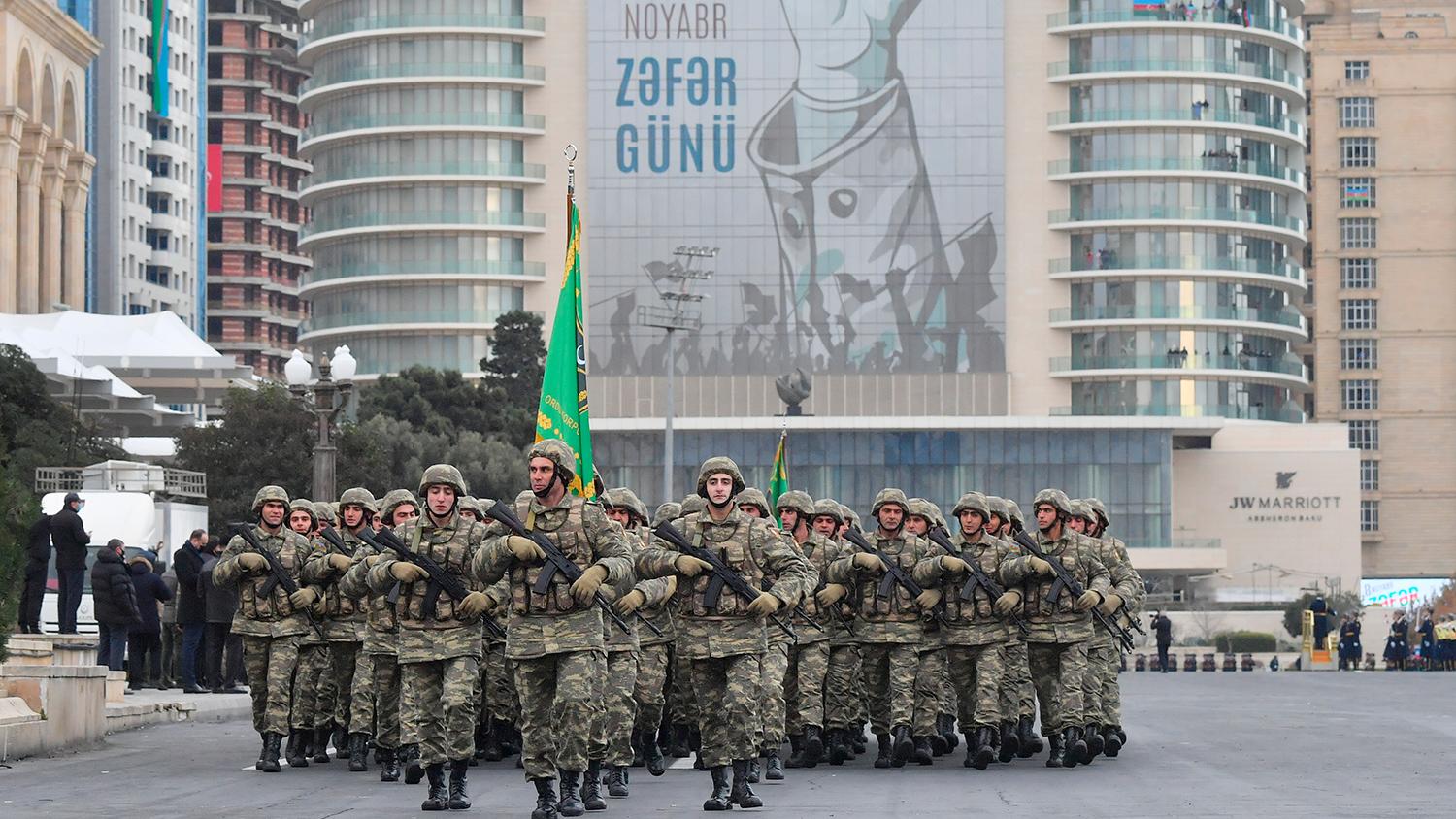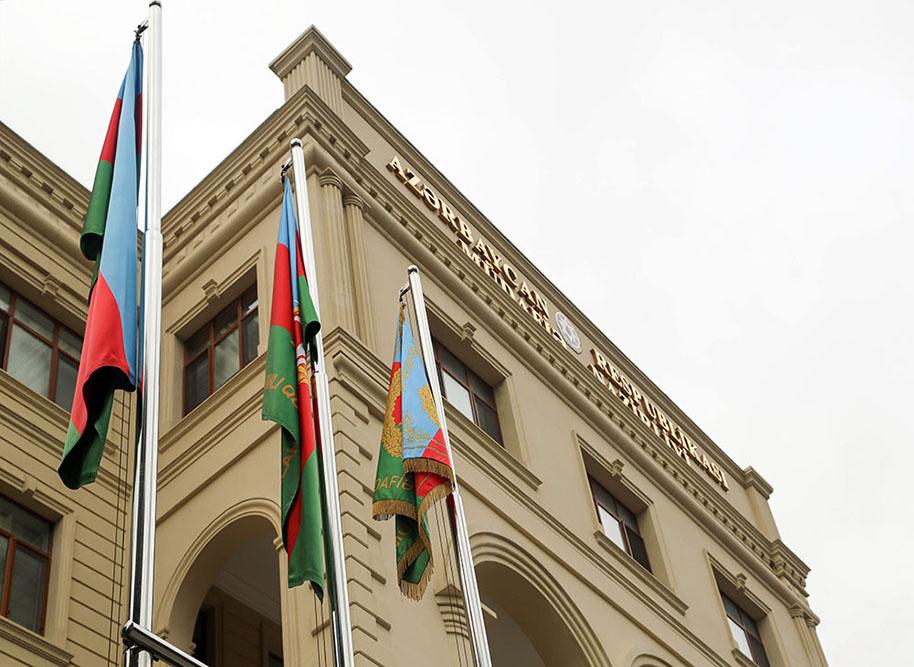Baku's bold ultimatum: Retaliation imminent if Armenia provokes further Yerevan should take heed of
Baku has issued a firm warning to Yerevan and its supporters, indicating potential retaliatory measures using all available means if provocations continue. This stern message, delivered by Azerbaijan's Ministry of Defence rather than by diplomats, underscores the seriousness of the situation. The Ministry’s direct involvement highlights the gravity of the threat, contrasting with previous diplomatic warnings that have largely been ignored by the Armenian leadership.
In fact, what we are facing is merely a change of behaviour on the part of the current rulers of Armenia. Earlier they acted more impudently and self-confidently. The arrogance and self-confidence of Armenia's official representatives led to provocative statements and actions. Armenian Defence Minister David Tonoyan once boasted about capturing Azerbaijani territories in the event of war. Prime Minister Nikol Pashinyan similarly declared, "Karabakh is Armenia, and that's it." This bravado was evident when Pashinyan ordered a military provocation in the Tovuz region in July 2020. On September 27, 2020, under his command, Armenian forces shelled Azerbaijani positions along the front line and in several districts, including Tartar, Aghdam, Fuzuli, and Jabrayil. The shelling caused significant civilian casualties and marked a critical escalation in the conflict.
This marked the final straw for the Azerbaijani leadership and its people. Faced with persistent provocations, Azerbaijan’s armed forces had no choice but to retaliate, disregarding efforts by Armenia's allies to halt their advance. From the outset of the conflict, numerous international leaders and organizations, including the OSCE and NATO, urged both sides to "de-escalate the conflict as soon as possible."
The wording used by international leaders was not only incorrect but also insulting to Azerbaijan and the United Nations. The UN Security Council and General Assembly had passed four resolutions demanding the immediate withdrawal of Armenian armed forces from Azerbaijan’s occupied territories. Despite these clear mandates, no country has taken action to enforce these resolutions or imposed sanctions on Armenia for its occupation of 20 percent of Azerbaijani territory, ethnic cleansing, and the devastation of towns and villages. This lack of international pressure has emboldened both past and present Armenian leaders, leading them to believe in their own impunity. Consequently, efforts by global leaders to halt Azerbaijan’s military actions during the 44-day war proved futile and ineffective.

Azerbaijan achieved a significant and historic victory during the 44-day war, with Baku believing that Armenia would learn from its defeat. Unfortunately, this was not the case. Yerevan continued to support and arm the Karabakh forces, hoping to retain control over Khankendi and other Azerbaijani territories. Despite repeated appeals from Baku, Yerevan remained unresponsive.
In September of the previous year, Azerbaijan conducted a decisive one-day anti-terrorist operation in the Karabakh region. The operation culminated in the raising of the Azerbaijani flag over Khankendi, the capture of most Karabakh junta leaders, and the announcement by the remaining leader, Samvel Shahramanyan, of the dissolution of the "Artsakh" project.
After the significant developments, one would expect the Armenian leadership to finally come to their senses. Indeed, there were initial positive signs from Yerevan: Armenia supported Baku’s candidacy for COP29, the process of border delimitation and demarcation began, and four Azerbaijani villages were returned. However, just as a peace treaty seemed imminent, Armenia retreated. Prime Minister Nikol Pashinyan even evaded a scheduled meeting with Azerbaijani President Ilham Aliyev in Britain, following direct instructions from the United States and France, who played the lead role in provoking the new war the Azerbaijani Defence Ministry warned about.
The ministry has made its position clear, stating: "The military exercises conducted by the United States in Armenia, France's provision of lethal weapons, and the European Union's military aid through the European Peace Fund — totalling ten million euros at the preliminary stage — encourage Armenia’s provocations and indicate preparations for another conflict with Azerbaijan."

The Azerbaijani Ministry of Defence has reiterated its warning to Armenia and its backers, urging them to avoid creating a new conflict hotspot in the South Caucasus. This warning, primarily directed at Armenia's leaders, is crucial. They must address their supporters — who are pursuing provocative agendas and seeking to incite controlled chaos — that the Azerbaijani Defence Ministry is serious. Azerbaijan's military has demonstrated its capability to meet its objectives, including neutralizing any threats to the nation's interests and territorial integrity, regardless of the threats posed by Armenia's patrons.








